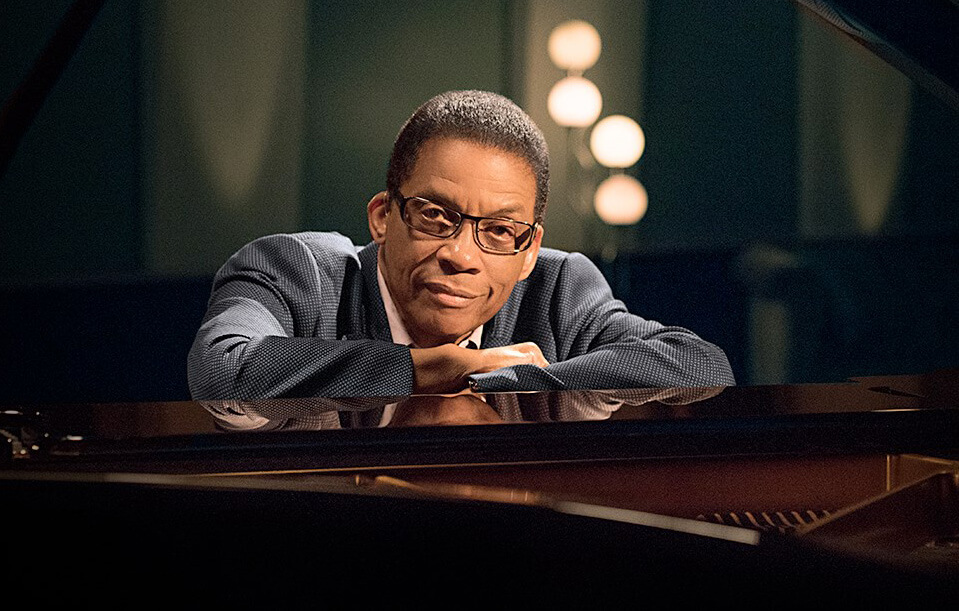Herbie Hancock is an iconic figure in the realm of jazz music, renowned for his innovative compositions, virtuosic piano playing, and groundbreaking contributions to the genre. Born on April 12, 1940, in Chicago, Illinois, as Herbert Jeffrey Hancock, he showed an early aptitude for music, beginning his piano studies at the age of seven.
Hancock’s musical journey took a significant turn when he was accepted into the prestigious Grinnell College to study engineering. However, his passion for music never waned, and he eventually transferred to the Manhattan School of Music. It was in New York City where Hancock immersed himself in the vibrant jazz scene of the 1960s, rubbing shoulders with legendary musicians like Miles Davis, with whom he would forge a transformative partnership.
In 1963, Herbie Hancock joined Miles Davis’ Second Great Quintet, a collaboration that would prove pivotal for both musicians. Hancock’s innovative approach to harmony and improvisation reshaped the landscape of jazz, evident in albums like “Maiden Voyage” and “Empyrean Isles,” which featured his compositions that became jazz standards.
Throughout the 1970s, Herbie Hancock continued to push the boundaries of jazz by incorporating elements of funk, rock, and electronic music into his sound. His landmark album “Head Hunters” (1973) became one of the best-selling jazz albums of all time, with tracks like “Chameleon” and “Watermelon Man” achieving widespread acclaim for their fusion of jazz improvisation with funk rhythms and synthesizer textures.
In the following decades, Hancock’s career remained dynamic and influential. He experimented with various musical styles, from jazz-funk to classical, collaborating with artists across genres and even venturing into film scoring. His composition “Rockit” from the album “Future Shock” (1983) became a crossover hit and earned him a Grammy Award for Best R&B Instrumental Performance.
Beyond his achievements as a performer and composer, Herbie Hancock is also recognized for his humanitarian efforts and dedication to education. He served as the Chairman of the Thelonious Monk Institute of Jazz, now known as the Herbie Hancock Institute of Jazz, where he worked to promote jazz education and support young musicians.
Herbie Hancock’s influence on the world of music is immeasurable. He has received numerous accolades throughout his career, including multiple Grammy Awards and an Academy Award for his film score to “Round Midnight” (1986). His innovative spirit and relentless pursuit of artistic exploration have cemented his legacy as one of the most important figures in jazz history.


Comments are closed